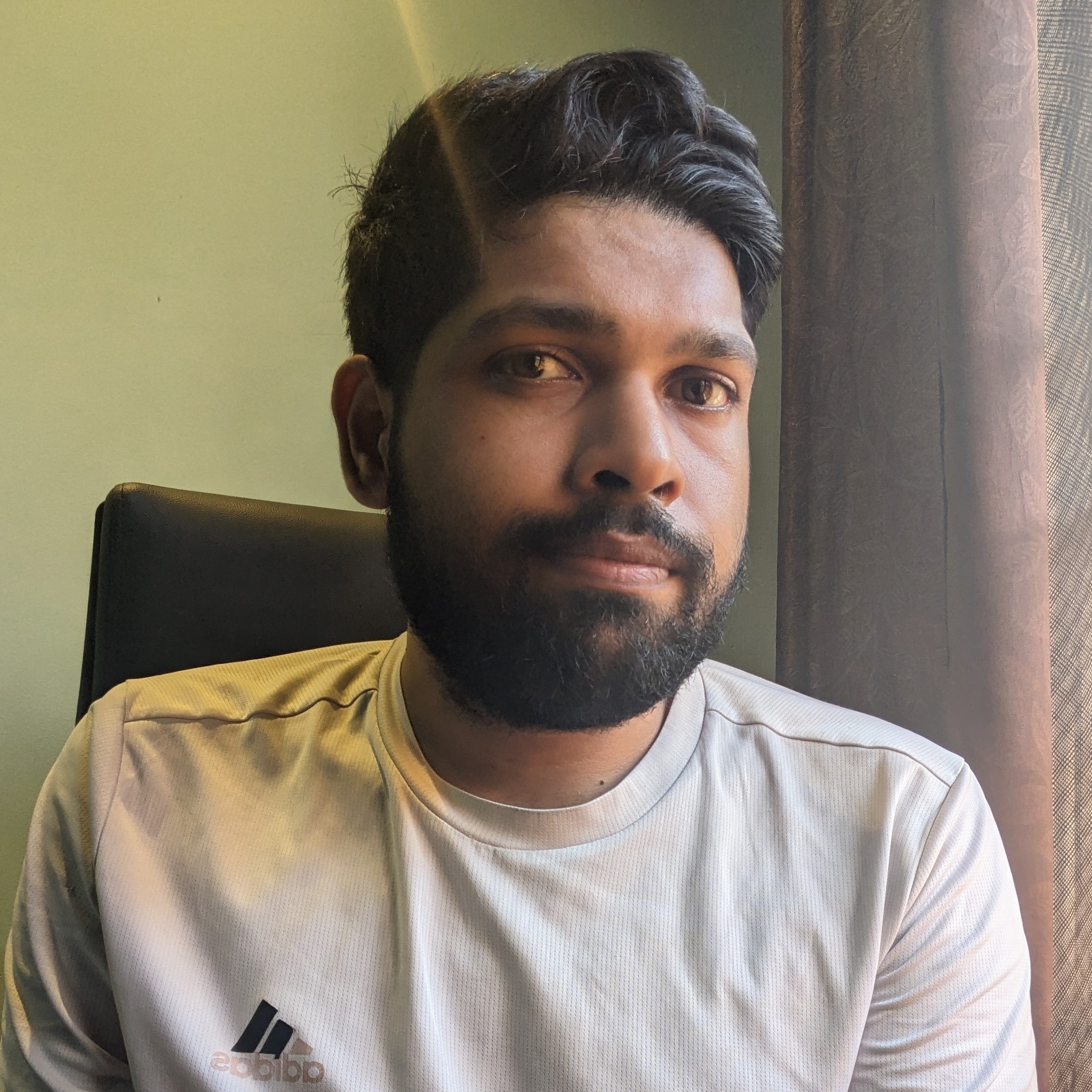Iga Swiatek went through a whirlwind 24 hours through no fault of her own between Tuesday and Wednesday, first being accused of doping and then seeing the allegations dropped. The Polish national anti-doping agency (POLADA) has also chimed in, confirming the World No. 1's innocence in the matter.
It all started with a post on social media, with reports claiming that POLADA had become the victim of a cyber attack. The attack then led to a "leaked" list of Polish athletes who had been found guilty of doping, including high-profile names like Swiatek and football superstar Robert Lewandowski.
Swiatek, according to the leak, was said to have taken erythropoietin, a hormone supplement that stimulates the production of red blood cells in the body, in July 2021. That was the year the Pole qualified for the WTA Finals for the first time in her career, and finished the season as the World No. 6.
However, the post was quickly taken down by the account (username: '@triviumcolombia') that shared it in the first place. As for why, the user stated that the links given by the hackers was not legitimate and that there was no conclusive proof that the athletes in question had doped in the first place.
In the meantime, POLADA's official Twitter handle responded to the reports, remarking that it was 'fake' and that none of the reported data matched the actual doping control data they had.
"Info presented in this post about Polish athletes is a fake. All of this posts are aimed to discredit Polish athletes, who don’t deserve that cause they compete clean. None of this athletes was positive and none of presented dates is matching doping controls which were conducted," the statement read.
More importantly, ITIA (International Tennis Integrity Agency), which oversees doping in tennis, has also given Iga Swiatek a clean chit. Speaking to The Athletic, ITIA has rubbished claims that Swiatek tested positive for doping in the period alleged by the leaked report.
In a second update, POLADA urged fans on social media not to spread misinformation about Polish athletes and discredit them based on the data given by "cyber criminals."
"In connection with the hacking attack we inform you, that data is used by cyber criminals for various purposes, including widely understood disinformation," the statement read (in Polish).
"In the public domain fake news discrediting Polish athletes has appeared. Please do not duplicate them. None of the listed athletes will have a positive result and none of the terms presented correspond to conducted anti-doping controls,” it went on.
Iga Swiatek: "Many people do not realize what the life of an athlete looks like"

Speaking in a conversation with Sportowe Fakty after her bronze medal win at the Paris Olympics, Iga Swiatek opened up about the impact of social media on her. The World No. 1 had painfully admitted that the negative opinions did affect athletes, even if she did her best to isolate herself in the middle of tournaments and not pay heed to such comments.
"I usually isolate myself quite a bit during tournaments. I only go online to post after each match. I don't read any comments. But I usually catch up after the tournaments because I want to be aware of what people are saying," Iga Swiatek said.
"Unfortunately, many people do not realize what the life of an athlete looks like. There is no point in clinging to such opinions, although in my opinion it is still worth knowing what others think of you. Unfortunately, people like to jump to conclusions," she added.
Following her run at the Olympics, Swiatek is currently in Cincinnati for the WTA 1000 tournament, following which she will be gunning for her sixth Grand Slam at the US Open.
